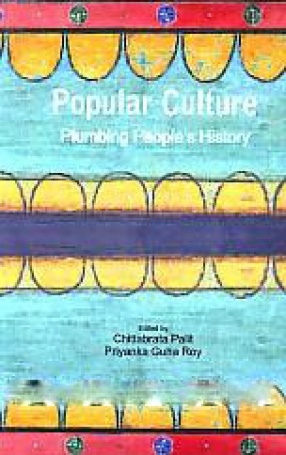
Showing all 24 books
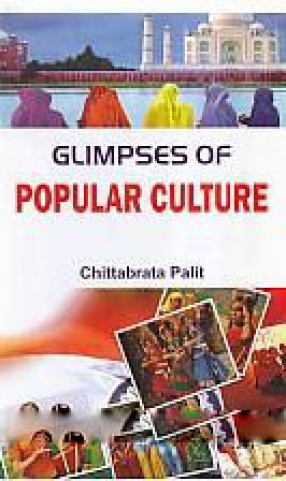
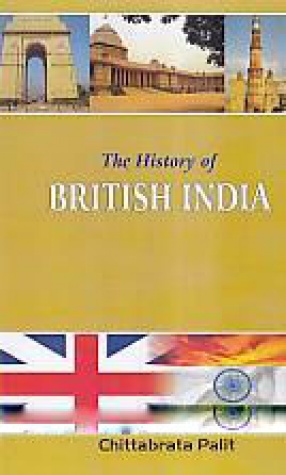
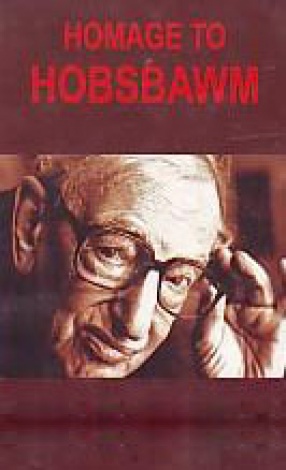
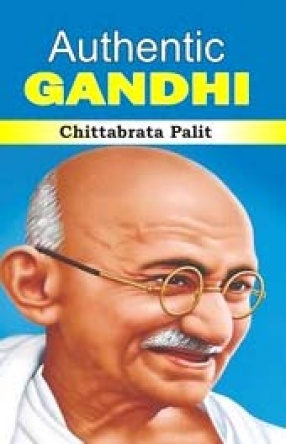
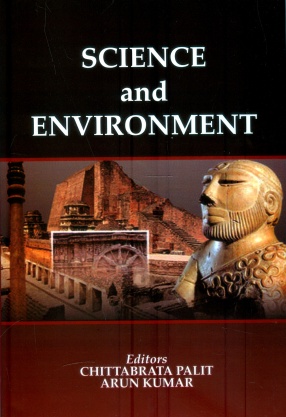
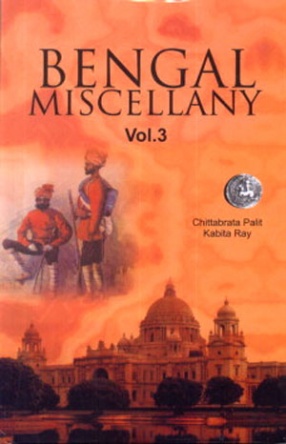
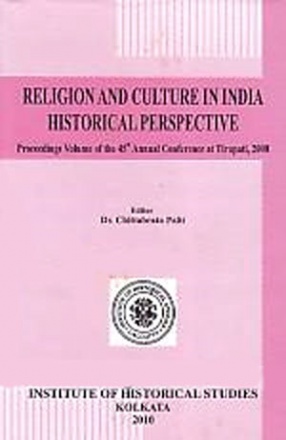
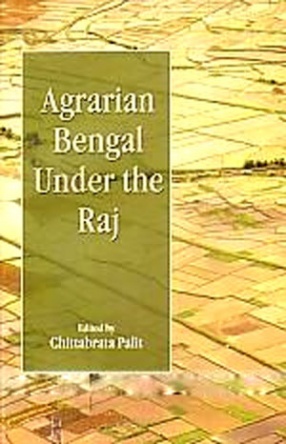
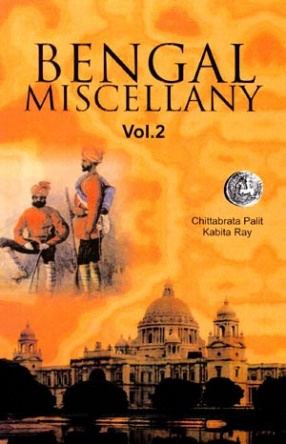
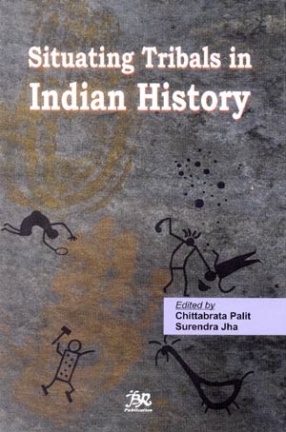
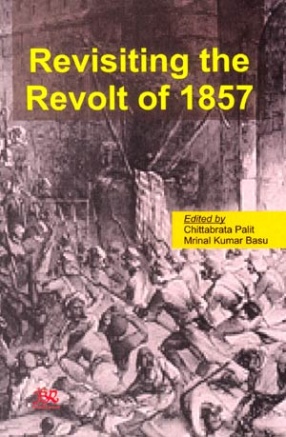
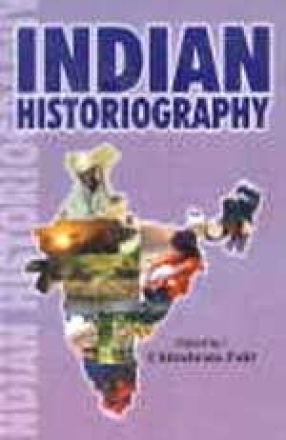
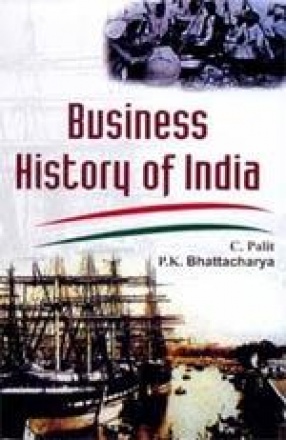

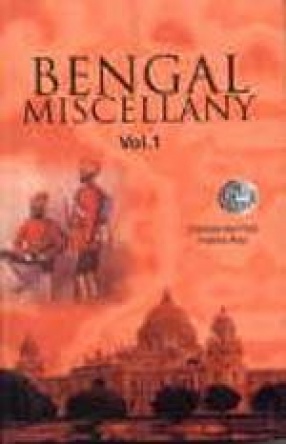

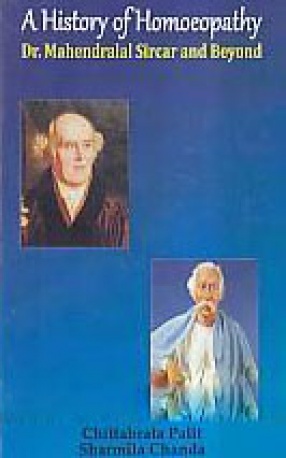



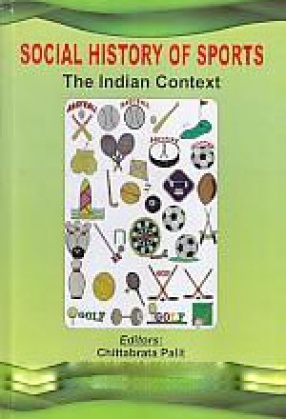



For a long time Indian histroians were engaged in political, economic and cultural history. In the western circles. India was dismissed as "a spiritual but poor country". The western world boasted of their material development. During colonial rule the British authorities wanted India to be a supplier of raw materials and market for their manufactured goods. Therefore scientific and technical education was discouraged to arrest Indian material ...

The series entitled 'Bengal Miscellany' has been designed to focus on the different aspects of Bengal's history, economy and culture through academic papers written by eminent scholars and young researchers.


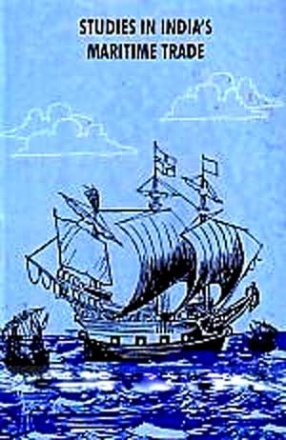
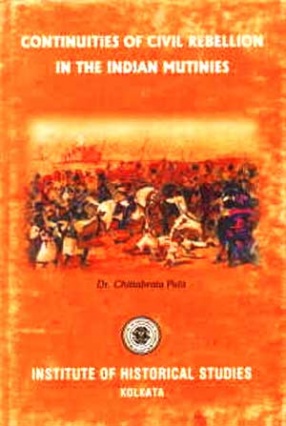
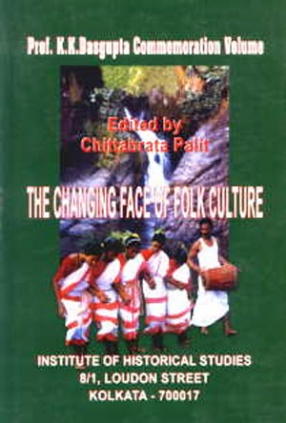
It gives us immense satisfaction for being able to publish the proceedings of a seminar held in memory of late Prof. Kalyan Kumar Dasgupta on 26 May, 2003. Some invited articles were added to the proceedings to make it a handsome volume.
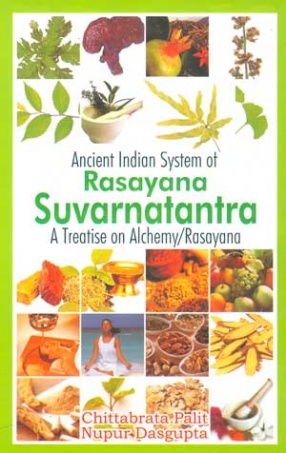
This book has grown out of a UGC Major Project on Pharmacy in the Sanskrit Treatises on Rasayana in Eastern India awarded to the Editors in 2005. Rasayana, a sub-discipline of Ayurveda, gradually got transformed into Alchemy, the protoscience preceding Chemistry.In this monograph, an obscure text, the Suvarnatantra of the 16th century has been deciphered. The original Sanskrit text, its translation and interpretations by the research team have been incorporated. ...

The series entitled 'Bengal Miscellany' has been designed to focus on the different aspects of Bengal's history, economy and culture through academic papers written by eminent scholars and young researchers. The first volume in the series was published in June 2008. The present volume, second in the series, brings together fifteen rich, informative and will-researched articles which were previously published in 'CLIO', the interdisciplinary ...

There is a lot of controversy over situating the tribals in modern Indian History. According to the Latin root, the word tribal meant only a section of people with a distinct and autonomous culture of its own. In the Roman Empire, they were never regarded segregated from the mainstream. But in colonial India the tirbals who held fast to their autonomous culture and would not conform to colonial requirements were considered wild and outside the pale of ...

The 150th anniversary of the 'Sepoy Mutiny' presented an opportunity to scholars to explore its hitherto virgin facets. In this context, the Corpus Research Institute organized a seminar 'Rethinking the Reinventing the Revolt of 1857' and the papers presented at the seminar are now being published for public perusal. Reputed scholars as well as young researchers have viewed the phenomenon from different angles ranging from vernacular literature, ...

This is the first volume of a series of four volumes on Indian historiography. Each volume has been planned to include sections on ancient, medieval and modern India. This volume has similar sections. In the first section on ancient India, critical issues like feudalism and transition from status to contract, formation of state with roots of oriental despotism have been examined. Early stages of urbanization and town planning have also been addressed. In the ...

The book deals with the medical encounter between eastern and western medicine. So far, Philip Curtin, David Arnold, Ira Klein, Michael Worboys, Ian Catanach, Ralph, Mark Harrison among others have represented the western view on this historic encounter. There was no reply from the Indian scholars n the debate. The current work is the first major attempt to represent the views of the Indian medical historians. It deals with epidemics, public health, traditional ...

Business History is an emerging area of enquiry. Though there are a number of works on business houses of India, history of Indian business has not attracted many historians, except Oxford History of Indian Business and Ficci’s History of Indian Business through the ages. This book is a much more specialized treatment of the subject by experts on the field. This collective work critically examines the trends and patterns of Indian business through the ages ...

Environmental history has gripped the attention of scholars all over the world. In this penultimate round of struggle for co-existence between man and nature, we have arrived at the last stage of survival strategy. Therefore, environmental issues has come to the forefront of all disciplines. History coordinates the views from the past to the future. It provides the hindsight to this emerging area of disconcert to mankind. Were this stages of environmental ...

This is a collection of miscellaneous essays on various aspects of the history of Bengal ranging from economic transition, child marriage, missionary work, Tagore's rural reconstruction programme on public health, his concept of education to Bengali Babus, indigenous fishing technologies and Manmohan Ghosh a political leader. It is a panorama of colonial history at a micro level which can be generalised for other regions of India.
